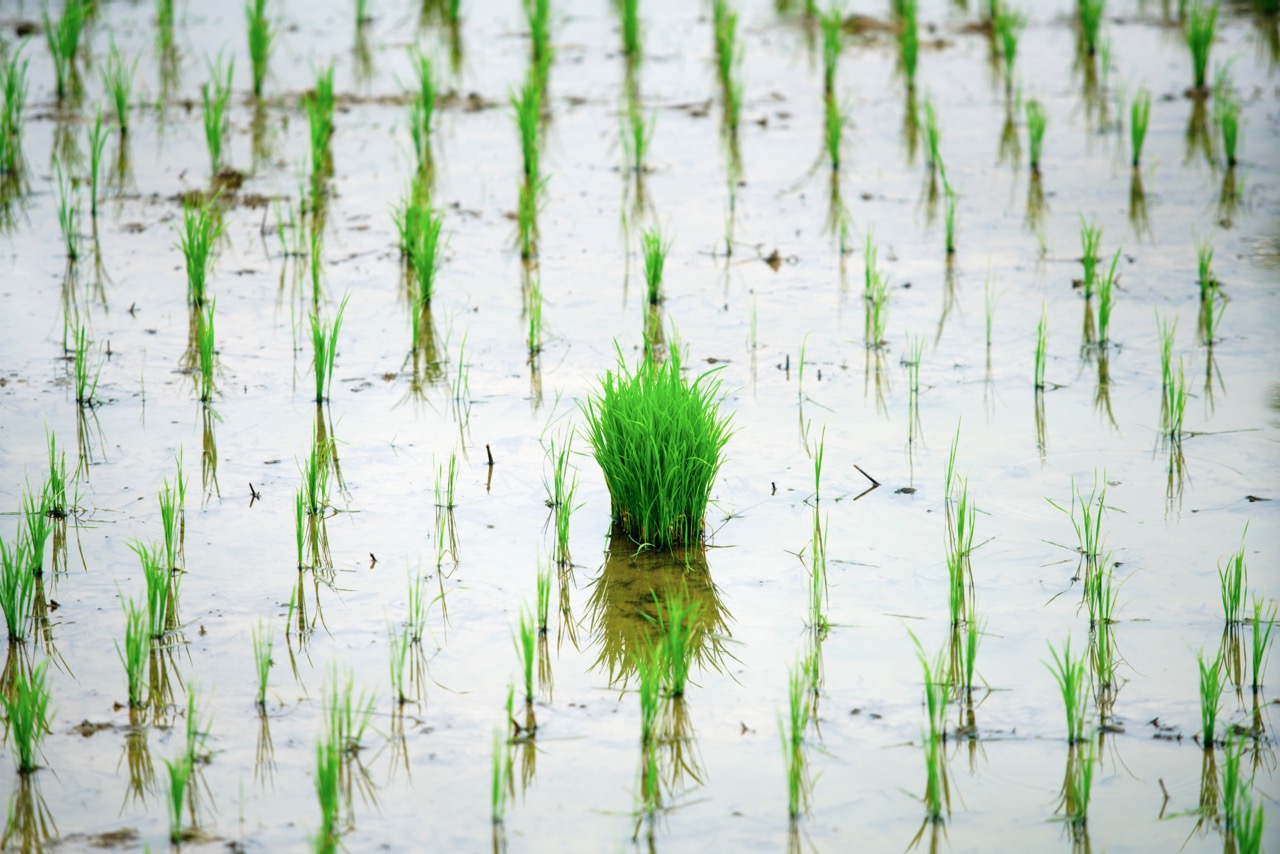Development of innovative metal oxide nanoparticles to enhance waterlogging tolerance in crops

Project
Development of innovative metal oxide nanoparticles to enhance waterlogging tolerance in crops
Location
Nigeria
Theme
Crops
Funding
Innovation Award
Nanotech to improve crop resilience against flooding
Project Partners: Nanomox Limited UK, Rubber Research Institute of Nigeria (RRIN), the Universidade do Estado de Santa Catarina (Udesc) and the University of Benin (UNIBEN)
The project uses nanotechnology to improve crop resilience against flooding. Flooding and waterlogging are major threats to food production, particularly in regions like Nigeria and Brazil, where smallholder farmers depend on crops like maize for their livelihoods.
When crops are exposed to excessive water, their roots struggle to absorb oxygen, leading to poor growth and lower yields. This project aims to solve that problem using advanced nanotechnology, a breakthrough science that works at the microscopic level to enhance plant survival. At the heart of the project is the development of tiny particles called metal oxide nanoparticles, specifically zinc oxide (ZnO) and magnesium oxide (MgO). These materials are known to improve plant health and strengthen crops against environmental stress. However, applying them effectively to seeds and plants is a challenge. That’s where nanocapsules come in. UK, Brazil, and Nigeria scientists will create polymeric nanocapsules (think of it as special protective shells) using natural materials like clay and chitosan (a substance derived from crustacean shells). These nanocapsules will encapsulate the metal oxide nanoparticles, ensuring their controlled and efficient delivery to maize seeds. The goal is to enhance seed priming, a process where seeds are treated before planting to improve their vitality, productivity, and resistance in harsh conditions.
Once developed, these nano-primed seeds will be tested in real-world conditions to see how well they withstand flooding compared to untreated seeds. Scientists will monitor germination rates, root strength, and overall plant health. Correspondingly, these researchers will also test the fate of these metal oxide nanoparticles in a natural water environment to understand their behaviour and patterns of interaction in natural ecosystems. The project is structured to involve partners from the UK, Brazil, and Nigeria, bringing together experts in materials science, nanotechnology, plant breeding, environmental science, and soil science to ensure a comprehensive solution. This innovation will help farmers grow more food despite climate challenges.
Future impacts
Reducing reliance on chemical fertilisers and pesticides also promotes eco-friendly, sustainable farming. If successful, the project could transform agriculture by providing farmers with a simple yet powerful tool to improve crop resilience, increase yields, and strengthen global food security. Beyond farming, the research holds potential for broader applications, such as nanotechnology-driven soil improvements and crop disease prevention, setting the stage for future advancements in sustainable agriculture. Through strong collaboration, rigorous testing, and cutting-edge science, this project is poised to make a meaningful impact where it matters most, on farmers’ fields.
For more information
For more information on this project, contact us, or view all projects funded under the Climate-Smart Agriculture Partnership programme.
Innovate UK Climate-Smart Agriculture Partnership: UK-Brazil-Africa brings together innovative people and organisations to promote climate-smart agriculture in Africa.

